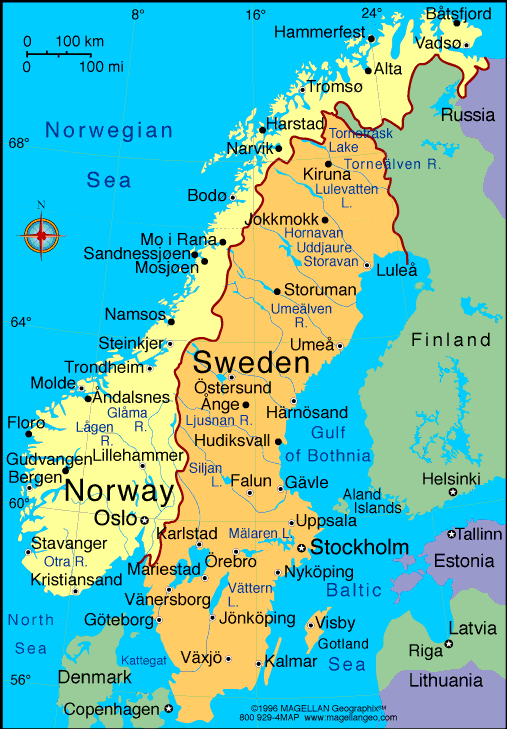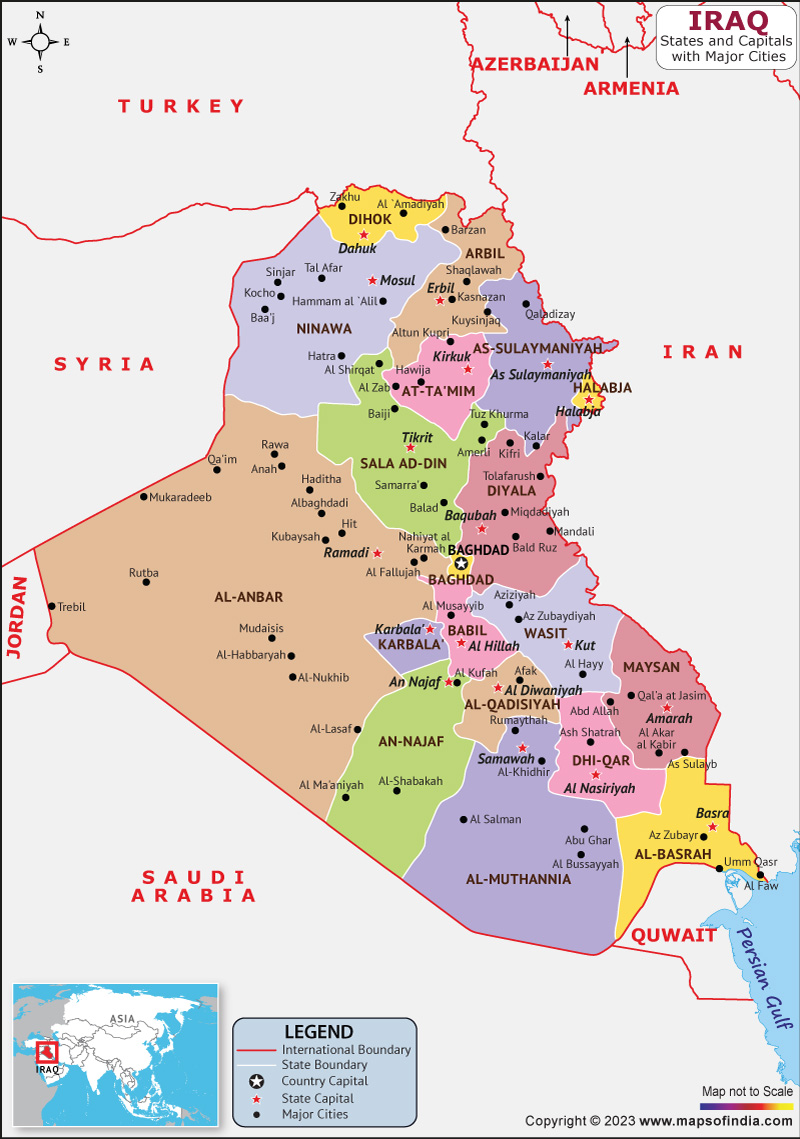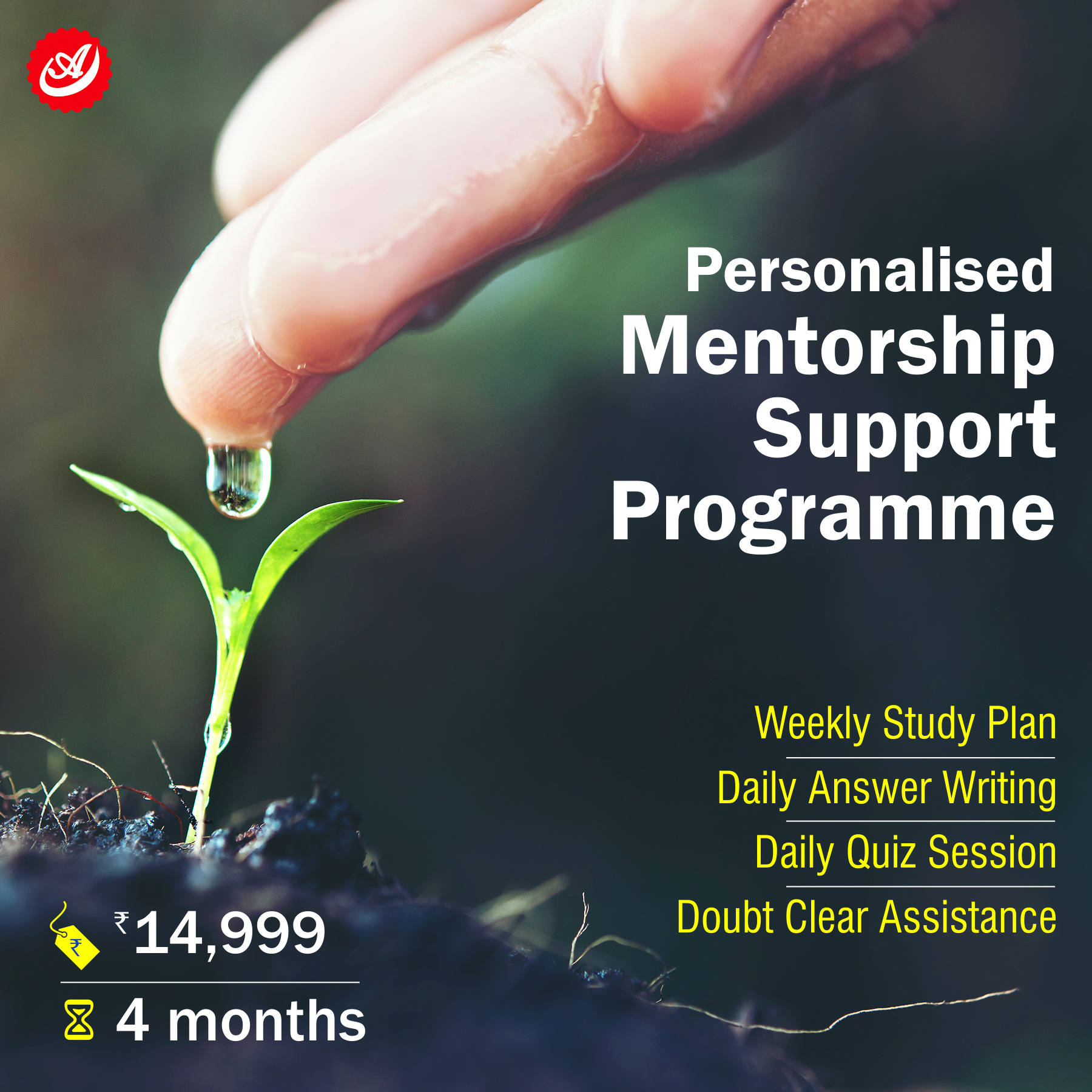
Disclaimer: Copyright infringement not intended.
Context
A diplomatic dispute between Iraq and Sweden over the recent burning of a Quran in Stockholm.
Details
- An Iraqi Christian refugee in Stockholm, Salwan Momika, was given permission by Swedish police to burn a Quran for the second time.
- The first time, he set a copy alight outside Stockholm's main mosque, which sparked outrage among Muslims who consider the Quran sacred.
Protests and Attack on Swedish Embassy in Baghdad
- Protesters in Baghdad, mainly followers of Shia cleric Moqtada al-Sadr, stormed the Swedish embassy and torched its compound.
- Demonstrators breached the embassy's walls, set fires, and clashed with riot police.
- The attack was in response to the Quran burning incident in Stockholm.
Iraqi Government's Response
- The Iraqi government ordered the Swedish ambassador to leave Baghdad and recalled its charge d'affaires in Sweden.
- Business with Swedish companies was suspended as a diplomatic measure.
Sweden's Position
- Sweden's foreign minister condemned the protests and the attack on the embassy as "completely unacceptable."
- The country upheld the legal right to freedom of assembly, allowing the Quran burning protests to proceed.
International Reactions
- Many Muslim-majority countries, including Iran, Turkey, Qatar, and Saudi Arabia, condemned Sweden's permission for the Quran burning protests.
- The US, UK, and EU also criticized the attack on the embassy and urged Iraqi authorities to protect diplomatic missions.
Tensions around Sweden's Freedom of Speech Laws
- The Quran row brought attention to tensions surrounding Sweden's freedom of speech laws.
- Swedish police initially rejected the Quran burning applications but were overruled by the courts, citing freedom of assembly.
Consequences and Severed Ties
- Iraq suspended work permits for Swedish businesses, including Ericsson, as part of its response to the situation.
- The Iraqi government had warned Sweden of severing diplomatic relations if the Quran burning was allowed.
Global Impact
- The Quran burning incident has garnered attention from religious leaders, including the Pope, who condemned the actions.
- The incident highlights the complexities of balancing freedom of expression with respecting religious sensitivities.

About Sweden
- Sweden is a country located in Northern Europe, sharing borders with Norway to the west and Finland to the east.
- It has a diverse landscape, including forests, lakes, and coastline, making it one of Europe's most scenic countries.
- The capital city of Sweden is Stockholm.
Political System
- Sweden is a constitutional monarchy with a parliamentary democracy.
- The King is the head of state, but his role is mostly ceremonial, and the country is governed by elected officials.
- The Swedish Parliament, known as the Riksdag, is a unicameral legislature responsible for passing laws and representing the people.
Social Welfare and High Standard of Living
- Sweden is renowned for its strong social welfare system, providing universal health care, education, and social services.
- The country consistently ranks high on global quality of life indexes, reflecting its high standard of living and emphasis on social equality.
Economy and Innovation
- Sweden has a mixed economy with a strong emphasis on innovation and technology.
- Major industries include manufacturing, automotive, telecommunications, and information technology.
- Swedish companies like Volvo, IKEA, Ericsson, and Spotify have gained global recognition.
Education and Research
- Sweden places a significant emphasis on education and has a well-developed education system.
- The country is known for its high-quality universities and research institutions, attracting international students and researchers.
Environment and Sustainability
- Sweden is committed to environmental sustainability and is a global leader in green initiatives.
- The country aims to achieve carbon neutrality and has implemented various measures to promote renewable energy and eco-friendly practices.
Foreign Policy and International Relations
- Sweden maintains a policy of non-alignment in military alliances and has a long-standing tradition of neutrality in armed conflicts.
- It actively participates in international organizations, promoting peace, human rights, and humanitarian assistance.
Cultural Heritage and Modernity
- Sweden has a rich cultural heritage, reflected in its architecture, arts, literature, and traditions.
- The country embraces modernity and is known for its contemporary design, fashion, and cultural contributions.
Nordic Welfare Model
- Sweden is part of the Nordic welfare model, emphasizing social solidarity and the redistribution of wealth to ensure social equality.
- The model promotes a high level of social welfare, labor rights, and gender equality.
Global Peace and Humanitarian Initiatives
- Sweden has a strong commitment to global peacekeeping efforts and humanitarian aid.
- It actively contributes to international peace missions and provides assistance in times of humanitarian crises.
About Iraq

Disclaimer: Copyright infringement not intended.
- Iraq is a country located in the Middle East, bordered by Iran to the east, Kuwait to the southeast, Saudi Arabia to the south, Jordan to the southwest, Syria to the west, and Turkey to the north.
- It has a diverse geography, with fertile plains in the north and the desert landscape of the Arabian Peninsula in the south.
- Iraq's capital city is Baghdad.
History and Civilization
- Iraq is historically significant, known as the land of ancient civilizations such as Mesopotamia, the cradle of civilization.
- It was home to some of the world's earliest civilizations, including the Sumerians, Babylonians, and Assyrians.
Political System
- Iraq is a federal parliamentary democratic republic.
- The President is the head of state, and the Prime Minister is the head of government.
- The Council of Representatives is the country's legislative body.
Modern Political Challenges
- Iraq has faced significant political challenges, including sectarian conflicts, terrorism, and internal strife, particularly after the 2003 US-led invasion.
- Rebuilding and stabilizing the nation remains a major focus for the government.
Economy and Oil Resources
- Iraq's economy is primarily dependent on oil exports, with the country having significant oil reserves.
- Other sectors, such as agriculture and industry, contribute to the economy.
Cultural Heritage and Diversity
- Iraq has a rich cultural heritage, influenced by its ancient civilizations and diverse ethnic and religious communities.
- The country is home to various archaeological sites and historical monuments.
Religion and Ethnicity
- Islam is the dominant religion in Iraq, with the majority of the population being Muslims, divided between Shia and Sunni denominations.
- There are also small communities of Christians, Yazidis, and other religious groups.
Social Challenges and Humanitarian Issues
- Iraq faces social challenges, including poverty, unemployment, and inadequate social services.
- The country has also experienced humanitarian crises due to conflicts and displacement.
International Relations and Geopolitics
- Iraq is an active member of the international community and a founding member of the United Nations (UN).
- The country's geopolitical location and oil resources have implications for regional and global politics.
Post-War Reconstruction and Development
- Since the 2003 invasion, Iraq has been focused on post-war reconstruction and development efforts.
- Efforts are made to rebuild infrastructure, improve governance, and strengthen the economy.

About Sweden Iraq Relations
- The two countries first established diplomatic relations in 1956.
- Sweden provided humanitarian aid to Iraq during the Iran-Iraq War (1980-1988).
- Sweden condemned the 1990 Iraqi invasion of Kuwait and supported the international coalition that expelled Iraq from Kuwait in 1991.
- Sweden has been involved in the reconstruction of Iraq since the 2003 US-led invasion.
Current Relations
- The two countries have a strong trade relationship. In 2021, Sweden's exports to Iraq amounted to $1.3 billion, while its imports from Iraq amounted to $1.1 billion.
- Sweden has provided humanitarian aid to Iraq, including food, water, and medical supplies.
- Sweden has also provided training and support to Iraqi security forces.
- The two countries have signed a number of agreements on cooperation in areas such as trade, investment, education, and culture.
Challenges
- The security situation in Iraq remains challenging. The country is still plagued by violence, and the Islamic State of Iraq and Syria (ISIS) remains a threat.
- The two countries have different views on the role of the United States in Iraq. Sweden has been critical of the US-led invasion of Iraq, while Iraq has been a close ally of the United States.
- The two countries also have different views on human rights. Sweden is a strong advocate for human rights, while Iraq has been criticized for its human rights record.
|
PRACTICE QUESTION
Q) Discuss the historical trajectory and current state of Sweden-Iraq relations. Examine the key areas of cooperation and challenges faced in the bilateral relationship. (250 words)
|
https://www.bbc.com/news/world-middle-east-66259886





